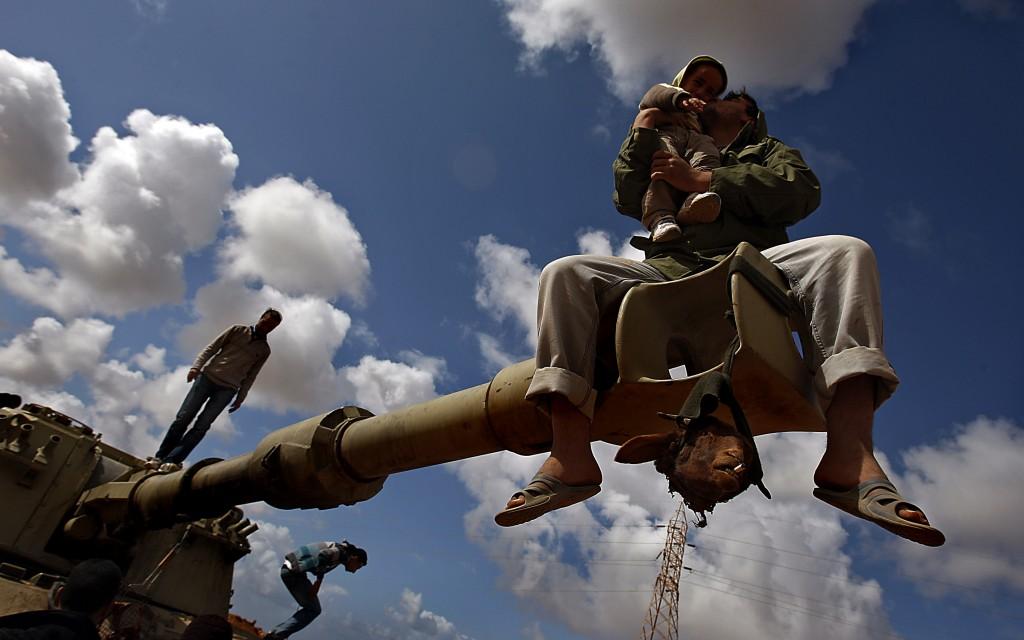Whitewash Revolution
August 25, 2011

The Bride of the Sea has torn
her nuptial cloth, ripped a band from
the waist to wear above the brow as
a crown stained with rebel wounds.
Oil bleeds from the scars of the
innocent, discontent distends in
children’s empty bellies, dissident
hands beg the sky for conclusion.
Democracy lags in the throats
of hungry leaders, gagged by rebel
duty gradually inhaled, but tyranny
is tattooed beneath long tongues.
Loyalists wave their white flags made
of wedding lace in the face of revolt,
while the father of the Bride fears only
that his daughter will burn to the ground.
It is getting near the end now—
cheers travel upon the north wind—
but as corpses bud across the landscape,
uncertainty poisons our tears.
On Aug. 20, Libyan rebels took control of major cities and encircled the capital of Tripoli, often nicknamed the “Bride of the Sea” because of its shore location. On Aug. 21, the rebels passed the city’s outer defense line. Reports stated that loyalist troops barely resisted before they fled from opposition forces. Rumors spread quickly that two of Moammar Gadhafi’s sons were captured—rumors that were later discredited.
As of Aug. 23, when the Observer went to print, the only functioning hospital in Tripoli was severely understaffed. Rebels overtook Bab al-Aziziya, the stronghold where Gadhafi stayed, but at that time Gadhafi was no longer there. A spokesman for the National Transitional Council said that they believe Gadhafi is still in or near the capital. It was believed that they would need to search his system of underground tunnels.
Rebels call for the end of Gadhafi’s 42-year dictatorship, during which corruption has flourished, children have been malnourished while unemployment stands at 30 percent (despite the nation’s oil revenues) and human rights have been brutally violated. The civil war began in February—shortly after the Egyptian uprising and the resignation of Egyptian president Hosni Mubarak—when peaceful protests were met with military force.









